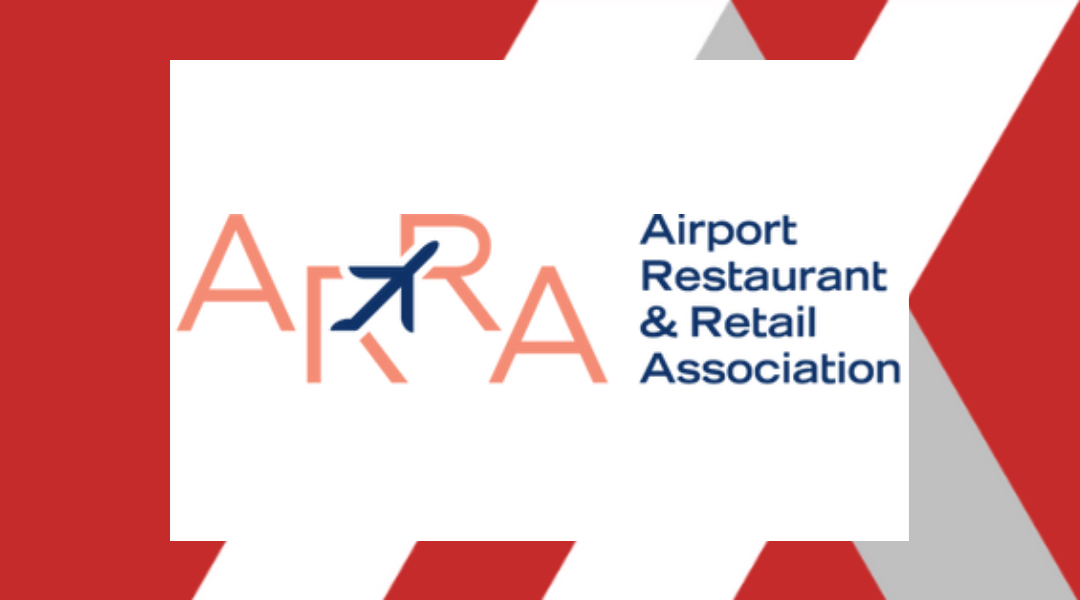Two airport properties executives on Wednesday encouraged concessionaires to open or continue dialogue with individual airports as they seek to alter the dynamics of airport-concessionaire relationships going forward.
The two properties executives – Dawn Hunter, director of aviation commercial management at Seattle Tacoma International Airport (SEA) and Marlene Coleman, director of concessions management at Hartsfield-Jackson Atlanta International Airport (ATL) – joined the Airport Restaurant & Retail Association (ARRA) on its weekly industry call. The discussion centered around findings in ARRA’s latest paper, Facing Facts III: Survival, Revival and Braving the Future.
Both Coleman and Hunter said the paper was beneficial in outlining the industry’s challenges on a national scale. But noting that each airport has unique circumstances, the two urged concessionaires to approach each individually.
“I really encourage the concessions community to reach out to airports and lobby them on the issues that were stated in these papers,” Coleman said. She noted that airports “have different issues, and different municipalities have different laws and different governing bodies.” But, discussing at the airport level will start a process that will eventually bubble up to conversation among executives from numerous airports and, hopefully, some common strategies will emerge, she says.
Hunter asked concessionaires to understand that she and many of her airport colleagues are doing what they can to ease the current pain.
“Let’s continue to have the dialogue and conversations with us, and let’s give each other space and grace – just know from our part we want to do what is right and what’s necessary so that you can survive,” Hunter said. “Just know that it’s not as easy as it seems sometimes, because we have not only governmental bodies that we have to deal with, we have different interests that are going on at the same time.
“Just also know that it’s a process,” Hunter continued, noting that she’s had countless discussions with concessionaires about minimum annual guarantees and other challenges for the past 16 months. “I would just say, please continue to partner with us. Even when you’re frustrated with us, please continue to partner, let us know what your concerns are. We have an open-door policy. And I would just say to my colleagues in the industry, please make sure you open the door because we’re successful as the airport if our business partners are successful, and that’s the airline, that’s our concessionaire and all of our other business partners that have contracts with us.”
Both airport executives agreed that the rent structures, including MAGs, and operational requirements included in typical airport-concessionaire contracts need to be reassessed in light of the pandemic.
Coleman said she has challenged her team to examine every aspect of their lease agreements, assessing whether the requirements make sense and are best for the business partnership going forward. ATL will involve a consultant in the process, and will also connect with concessionaires for their input, she said.
The MAG is the biggest point of discussing within the SEA organization, Hunter said, although she agrees that the entire lease agreement needs to be reassessed. She said the MAG has always been an administrative pain “and 2020 really highlighted how much of a pain it really is.”
For MAG and other elements of a lease, each airport will have its own approach, but most airports will rely on a core structure. “We’re all part of the same ecosystem,” Hunter said. “I’m in Seattle and Marlene is in Atlanta, but what I do in Seattle also impacts Marlene in Atlanta and what Marlene does in Atlanta impacts me because we have a lot of the same tenants and we want to make sure that we’re staying with industry standards.”
Regarding MAGs, Hunter added: “I’m sure a lot of us would just throw it out the window if we could, but then that causes other downstream problems that we don’t want to have. We want to make sure we’re protecting the airport, but we also make sure that we’re respecting our partners and really ensuring that you guys are successful as well. That’s a tap dance that we’re trying to do right now.”






